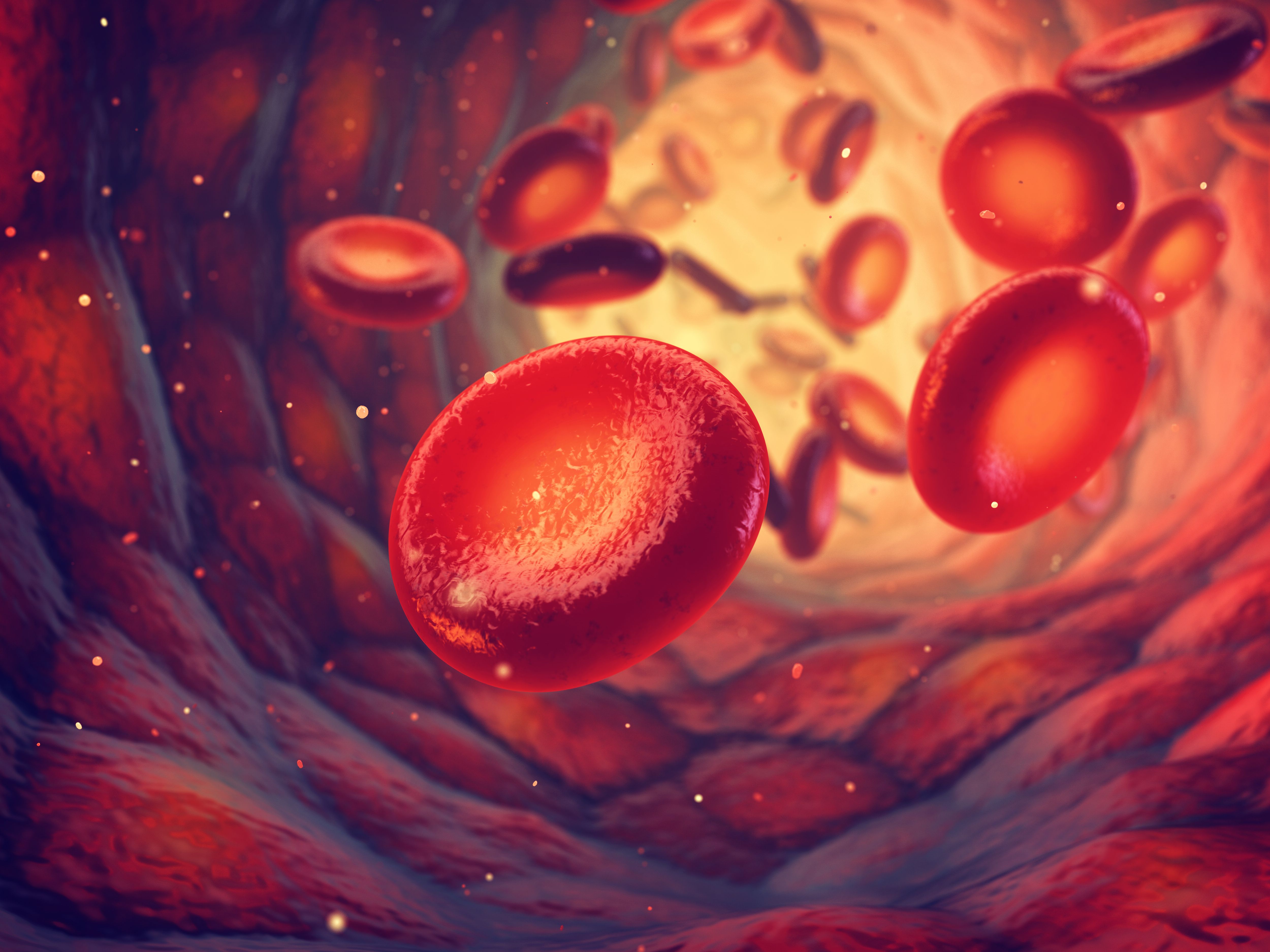Ide-cel Prolongs Progression-Free Survival in Heavily Pretreated R/R Multiple Myeloma
Results from the interim analysis of phase 3 KarMMa-3 study indicate improvement in progression-free survival with idecabtagene vicleucel compared with standard combination regimens, as well as better responses.

Chimeric antigen receptor (CAR) T-cell therapy with idecabtagene vicleucel (ide-cel; Abecma) showed a statistically significant improvement in progression-free survival (PFS) compared with standard combination regimens in adults with multiple myeloma that is relapsed and refractory after two to four prior lines of therapy and refractory to the last regimen, meeting the primary end point of the phase 3 KarMMa-3 study.1
Results from the interim analysis revealed that the overall response rate in patients treated with ide-cel was also better compared with standard combination regimens, achieving the study’s key secondary end point. Assessment for another key secondary end point, overall survival, is continuing. The safety profile of ide-cel in the study was predictable and consistent with the known safety profile of the drug. The study investigators did not report any new safety signals.
The data from the study continue to be assessed by investigators and will be presented at an upcoming medical meeting, according to Bristol Myer Squibb.
“Results from the KarMMa-3 study clearly demonstrate the clinical benefit of using a CAR T-cell therapy earlier in the multiple myeloma treatment paradigm,” said Anne Kerber, senior vice president, head of Cell Therapy Development, Bristol Myers Squibb, in a press release. “These data reinforce our commitment to unlocking the full potential of cell therapy as we strive to build on the company’s heritage of innovation in blood cancers and transform patients’ lives through science.”
KarMMa-3 is a global, randomized, multicenter, open-label study (NCT03651128) that will include up to 381 patients with relapsed or refractory multiple myeloma. Approximately 254 patients will be randomized to receive ide-cel in the experimental arm (arm A), and 127 patients will be assigned to receive a standard combination regimen in the control arm (arm A). Standard therapies used in the control include daratumumab (Darzalex), pomalidomide (Pomalyst), dexamethasone, bortezomib (Velcade), ixazomib (Ninlaro), lenalidomide (Revlimid), carfilzomib (Kyprolis), and elotuzumab (Empliciti).2
Other secondary end points being assessed in the study include event-free survival, minimal residual disease, complete response rate, duration of response, time to response, adverse events, pharmacokinetics, patient-reported outcomes, time to next antimyeloma treatment, and PFS after nest line therapy.
Subjects who were 18 years of age or older with documented diagnosis of multiple myeloma and measurable were eligible. The patients were required to be previously treated with between 2 and 4 prior regimens for multiple myeloma, received prior daratumumab, a proteasome inhibitor, and an immunomodulatory agent for at least 2 consecutive cycles, and refractory to the last regimen they received. All patients must have achieved a response to at least 1 prior therapy, have an ECOG performance score of 0 or 1, have recovered from non-hematologic toxicities to a grade 1 except for alopecia, and grade 2 neuropathy, and have adequate vascular access for leukapheresis.
The study excludes pregnant women, individuals with comorbidities that may interfere with any study therapy, and those who previously received certain regimens that will be administered in arms A and B. Patients who are receiving ongoing treatment with chronic immunosuppressants and those with hypersensitivity to the study drugs are also excluded from KarMMa-3.
“We are extremely pleased to have met the KarMMa-3 primary endpoint at an interim analysis. These results help to advance our efforts to make Abecma available for earlier lines of treatment for patients and we look forward to discussing these results with regulatory authorities,” said Steve Bernstein, MD, chief medical officer, 2seventy bio. “Today’s results are another important proof point for the transformative potential of autologous cell therapy and underscore the importance of continuing to study Abecma in earlier treatment settings for multiple myeloma.”
Ide-cel is an FDA-approved treatment for adult patients with relapsed or refractory multiple myeloma after 4 or more prior lines of therapy, including an immunomodulatory agent, a proteasome inhibitor, and an anti-CD30 monoclonal antibody. KarMMa-3 is bringing the exploration fo ide-cel's safety and efficacy to the second- and third-line settings.
REFERENCES:
1. Bristol Myers Squibb and 2seventy bio announce topline results from karmma-3 trial showing Abecma (idecabtagene vicleucel) significantly improves progression-free survival versus standard regimens in relapsed and refractory multiple myeloma. News releases. August 10, 2022. Accessed August 10, 2022. https://bit.ly/3bKFIcM
2. Efficacy and safety study of bb2121 versus standard regimens in subjects with relapsed and refractory multiple myeloma (RRMM) (KarMMa-3). Clinicatrials.gov. Update August 2, 2022. Accessed August 10, 2022. https://clinicaltrials.gov/ct2/show/NCT03651128
Gasparetto Explains Rationale for Quadruplet Front Line in Transplant-Ineligible Myeloma
February 22nd 2025In a Community Case Forum in partnership with the North Carolina Oncology Association, Cristina Gasparetto, MD, discussed the CEPHEUS, IMROZ, and BENEFIT trials of treatment for transplant-ineligible newly diagnosed multiple myeloma.
Read More